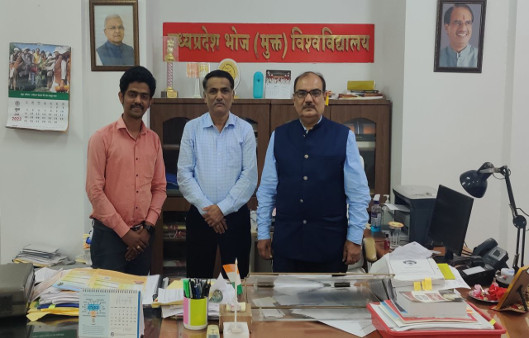Open distance learning (ODL) refers to a flexible mode of education that allows learners to study remotely, leveraging various technologies for communication and interaction. Open universities (OUs) adopt ODL to provide accessible and flexible educational opportunities for diverse learners.
Open educational resources (OER) are freely accessible educational materials that can be used, shared, and modified by educators and learners. While ODL allows open universities to provide flexible and accessible education by accommodating learners' needs and circumstances, OER can offer freely available, high-quality learning materials, reducing financial barriers, and enabling customization.
Open education practices (OEP) complement ODL and OER by encouraging collaboration, knowledge sharing, and the adoption of innovative pedagogies, methodologies, and technologies to enhance teaching and learning. These practices can foster a community of educators, allowing them to collectively enhance the quality of education, share best practices, and continuously improve teaching and learning experiences.
In collaboration with the Commonwealth Educational Media Centre for Asia (CEMCA) and Commonwealth of Learning (COL), IT for Change conducted scoping studies on the open educational practices currently in place at Vardhman Mahaveer Open University (VMOU) in Kota, Rajasthan, Jharkhand State Open University (JSOU), Ranchi, Jharkhand and Madhya Pradesh Bhoj Open University (MPBOU), Bhopal, Madhya Pradesh.
The purpose of these studies was to develop an initial understanding of the awareness of OEPs, and to identify ways to support universities in adopting them. The studies included analysis of institutional policies, technological facilities, resource repositories, and other relevant records. A multi-method, multi-audience approach was adopted that collected both qualitative information and quantitative data from the key stakeholders at the institutions including management, faculty members, support staff and others. Through this process, significant aspects in terms of knowledge, skills, practice and attitudes of the stakeholders, as well as the institutional support were intended to be captured.
Each report presents a phased plan of action for collaboration between CEMCA and the respective university to incorporate open educational practices (OEPs) and leverage ICTs to enhance access to quality learning materials. Recommendations include developing a policy on OEP, familiarizing staff with OEPs, upgrading the resource creation facilities at the universities, conducting professional development and training programs for the faculty, establishing communities of practice and implementing feedback and support mechanisms. These suggestions aim to establish a supportive environment, foster collaboration, and ensure the university's policies align with its vision of open education.

